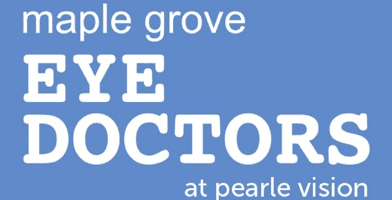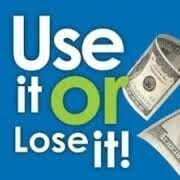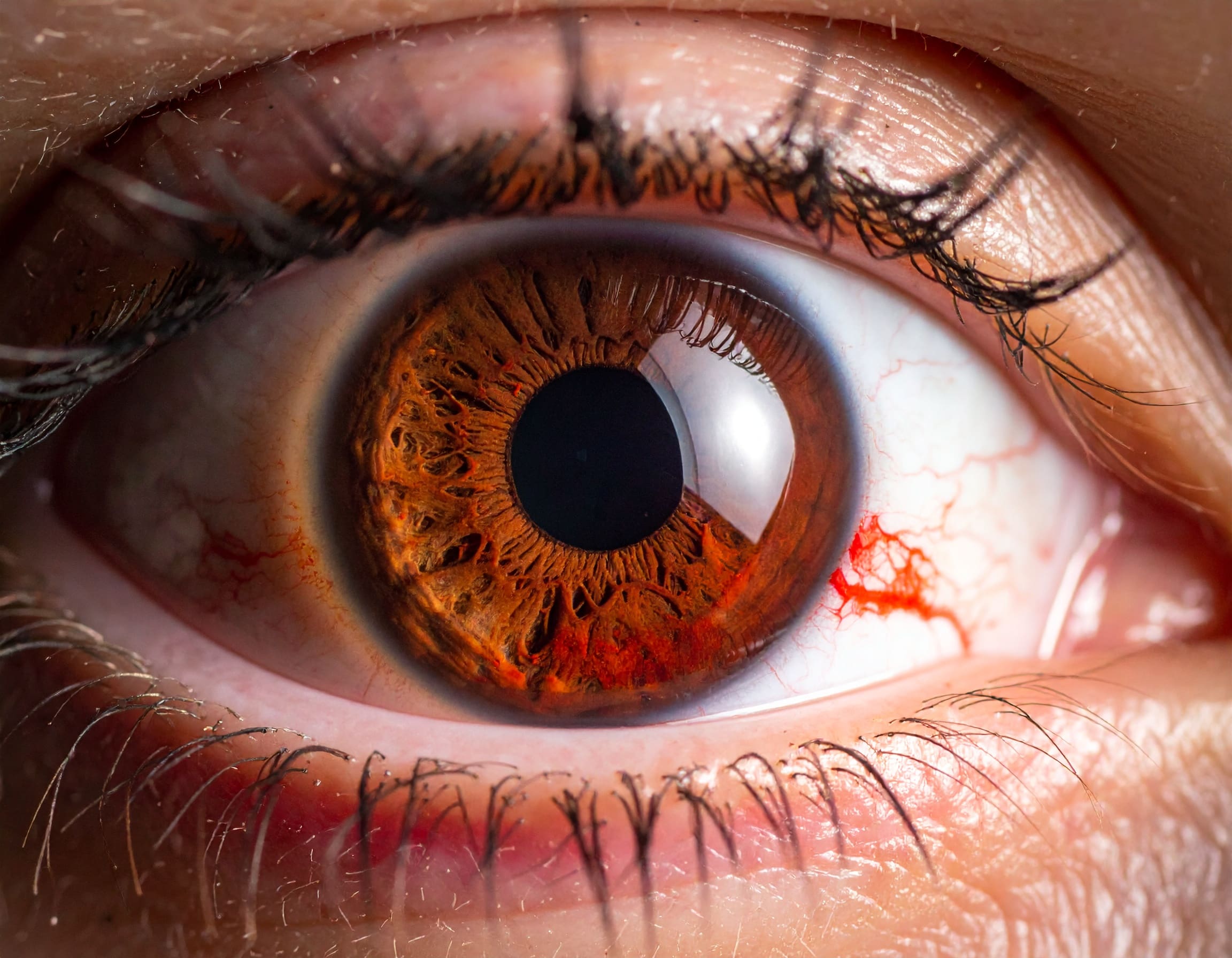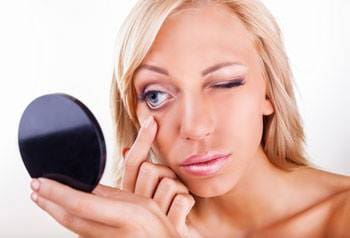What can I spend FSA dollars on?
When it comes to insurance — especially a flexible spending account (or FSA) — it can take some research to learn which expenses are approved. Maybe you’ve been contributing money to your FSA but have no clue what services or products you can actually spend it on.
What you can get for your FSA dollars might surprise you — YEP<in a good way. An FSA account can help you pay for out-of-pocket medical, dental and vision expenses.
For vision care, this includes eye exams, new glasses, prescription sunglasses, contact lenses, many eyewear and care accessories and even certain surgical procedures. Whoa! Who knew?
What does FSA eligible mean?
Eligible FSA expenses are health care costs not covered by insurance. Though each individual employer’s plan differs, a variety of items and services may be included. You also can use your plan to cover your spouse’s and children’s expenses, or any expenses incurred by your dependents (as listed on this year’s tax return.)
Most out-of-pocket expenses are covered, including copays, deductibles, vision supplies, wearable products and medical equipment. THIS. IS. GOOD.
It’s wise to confirm the specifics of your own account with your plan’s administrator before making any large purchases. Our team does their best to figure out your benefits but in the end it’s really your responsibility. SORRY. ABOUT. THAT.
How does an FSA work?
If your employer provides an FSA, you are able to deposit pre-tax dollars into this account and then spend the money on eligible health care products and services.
FSA contributions are exempt from federal income tax, federal unemployment tax and Social Security and Medicare taxes. USE. IT.
In 2021, you can contribute a maximum of $2,750 to an individual FSA account and $5,000 to dependent care FSAs. You can also change your FSA contribution amounts if you have certain qualifying events.
What can you buy with FSA funds?

When it comes to vision care, FSA eligible expenses include the following and IT. IS. GOOD.:
The cost of an eye exam
In order to purchase eyeglasses with FSA funds, a prescription from an eye doctor is required. An annual comprehensive eye exam not only measures how sharp your vision is but allows your eye doctor to assess other parts of the eye that reflect your overall health.
The cost of an eye exam varies by practice and by your insurance plan. It’s wise to consult with your HR representative regarding your coverage and to get quotes from local eye care practices before making an appointment.
Prescription eyeglasses
Using your FSA $$ to purchase your eyeglasses is an excellent investment. Even if you typically wear contact lenses, having a pair of backup glasses in case of emergency is wise.
Your FSA funds will cover any type of prescription lens, including bifocal, progressive, and specialty lenses (safety or sports goggles). Anti-reflective and scratch-resistant coatings are both covered, so they can be added to any lens.
Sunglasses
When shopping for sunglasses, it’s important to note that FSA will cover only prescription sunglasses.. Funds can be applied to polarized, mirrored and photochromic lenses, as well as specialty lenses for specific sports with a prescription in them.
Reading glasses
If you’re in need of reading glasses (and let’s face it: you usually need more than one pair), you’ll be happy to know that your FSA dollars will cover the cost. While both prescription and non-prescription lenses are FSA eligible, over-the-counter reading glasses that you get at the drug store will have to be submitted for reimbursement vs purchasing them at your eye doctor’s office.
Contact lenses
Wearing glasses every day may not be your thing. That’s fine — contact lenses are FSA-eligible too. Daily and short-term disposable lenses are available, as well as monthly and extended-wear lenses to fit every preference.
Bifocal, multifocal and toric lenses for astigmatism make it possible to correct more complex vision conditions.
Eye care accessories
This includes the items needed to clean and care for your glasses of contact lenses. Saline and cleaning solution for your contact lenses, and even cleanser and wipes for your eyeglasses, are covered by your FSA funds.
Eye drops
Dry eye symptoms or seasonal allergies irking your eyes? No worries. Your FSA funds will cover eye drops to soothe your itchy eyes and restore comfortable vision. Eye drops for allergy or dry eye relief can be purchased over the counter using your FSA card.
Eye surgery
You may require surgery, such as LASIK, radial keratotomy and cataract surgery, to treat a vision defect. If so, the medical expense of the procedure is eligible for reimbursement through your FSA.
The details of coverage may vary depending on the procedure, so it’s recommended that you consult with your insurance representative and your eye surgeon to confirm the details of your particular case.
Read more about ways to use your FSA $ or see the complete list of eligible flexible spending account expenses at this FSA website.
Accessing and using FSA dollars
Navigating your insurance coverage and figuring out what is and isn’t eligible can be a lot to take on. Talking with a representative who is familiar with your employer’s coverage details can make a world of difference. BELIEVE US. IF YOU DO THIS, EVERYONE SAVES TIME.
Utilizing your FSA money to pay for vision related expenses makes it easier to take care of your eyes and vision. Schedule an Eye Exam today today and put your contributions to good use.






